Connie Aluoch’s UNGA80 Insights: Envisioning the Bold Future of African Fashion
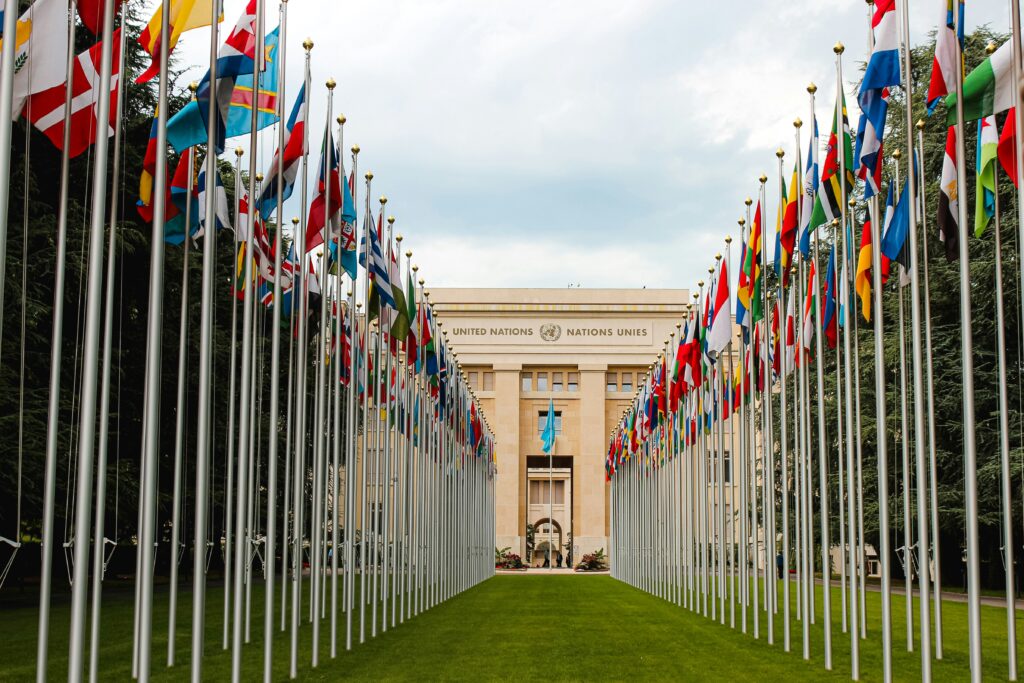
Hello BellaStylistas, Connie Aluoch here!
Last week was truly exhilarating as I had the privilege to participate in a series of remarkable events during the 80th United Nations General Assembly (#UNGA80) in New York. One of the highlights was my involvement in a compelling panel titled Africa’s Fashion Future.
The atmosphere was electric! Leaders from governments, business sectors, creative industries, and social change advocates from around the globe convened for this milestone UNGA edition. Amidst numerous high-level discussions, a standout message emerged: Africa’s creative economy is no longer just emerging-it has firmly established itself and is flourishing.
Across disciplines such as fashion, cinema, music, and visual arts, African creatives are redefining narratives and influencing the global cultural landscape. I’ve compiled a brief overview of my experience, the pivotal dialogues, and why the world is finally recognizing what we’ve always known-Africa is the future.
Building African Fashion (BAF) co-founder Udochi Nwogu led the “Imagining Africa’s Fashion Future” workshop, collaborating with designer Kibonen Nfi from the African Fashion Council and Berkley College. This dynamic session featured industry leaders including Andrea Kennedy, head of Fashion Merchandising and Management at Berkley College; Congolese-Ugandan designer Kahindo Mateene of Kahindo NYC; Nigerian designer Niyi Okuboyejo of Post Imperial; futures strategist Jessica Wade; interdisciplinary artist Jodie Lyn Kee Chow; curator Perky Noah Effik; and myself representing African fashion media.
Udochi Nwogu
With expertise in marketing and startup strategy, Udochi, co-founder of Building African Fashion, framed the workshop as a collaborative space for strategic planning within Africa’s fashion sector. She emphasized the importance of uniting diverse voices to envision innovative opportunities and develop sustainable pathways for a robust continental fashion ecosystem.
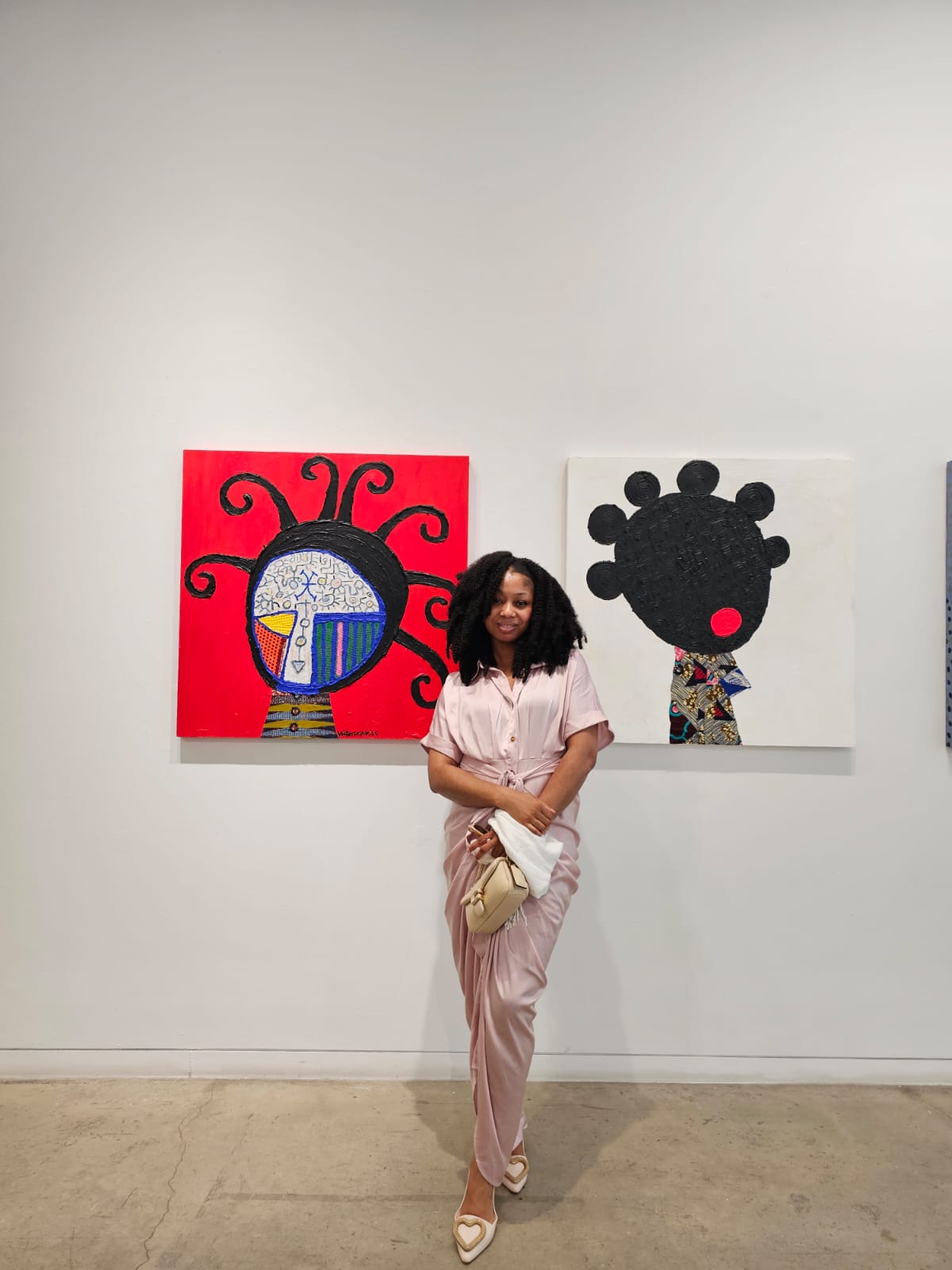
The workshop centered on fostering dialogue and envisioning practical initiatives-ranging from innovations and collaborations to partnerships-that can elevate African fashion’s global standing. A critical focus was advocating for African governments to enact policies that nurture industry growth, scalability, and international competitiveness.
Participants actively exchanged insights, sharing experiences from both African and international fashion arenas, which sparked fresh perspectives on the sector’s future.
Through BAF, Udochi and her colleagues are committed to preparing designers for investment readiness by helping them build resilient business models and sustainable infrastructures that endure.
Kibonen Nfi
New York-based Cameroonian designer Kibonen Nfi is a visionary shaping African fashion’s global trajectory. As co-founder of the African Fashion Council and advisory board member of Creative African Nexus (an initiative by the African Export-Import Bank), Kibonen offers a comprehensive view of African designers’ current international positioning.
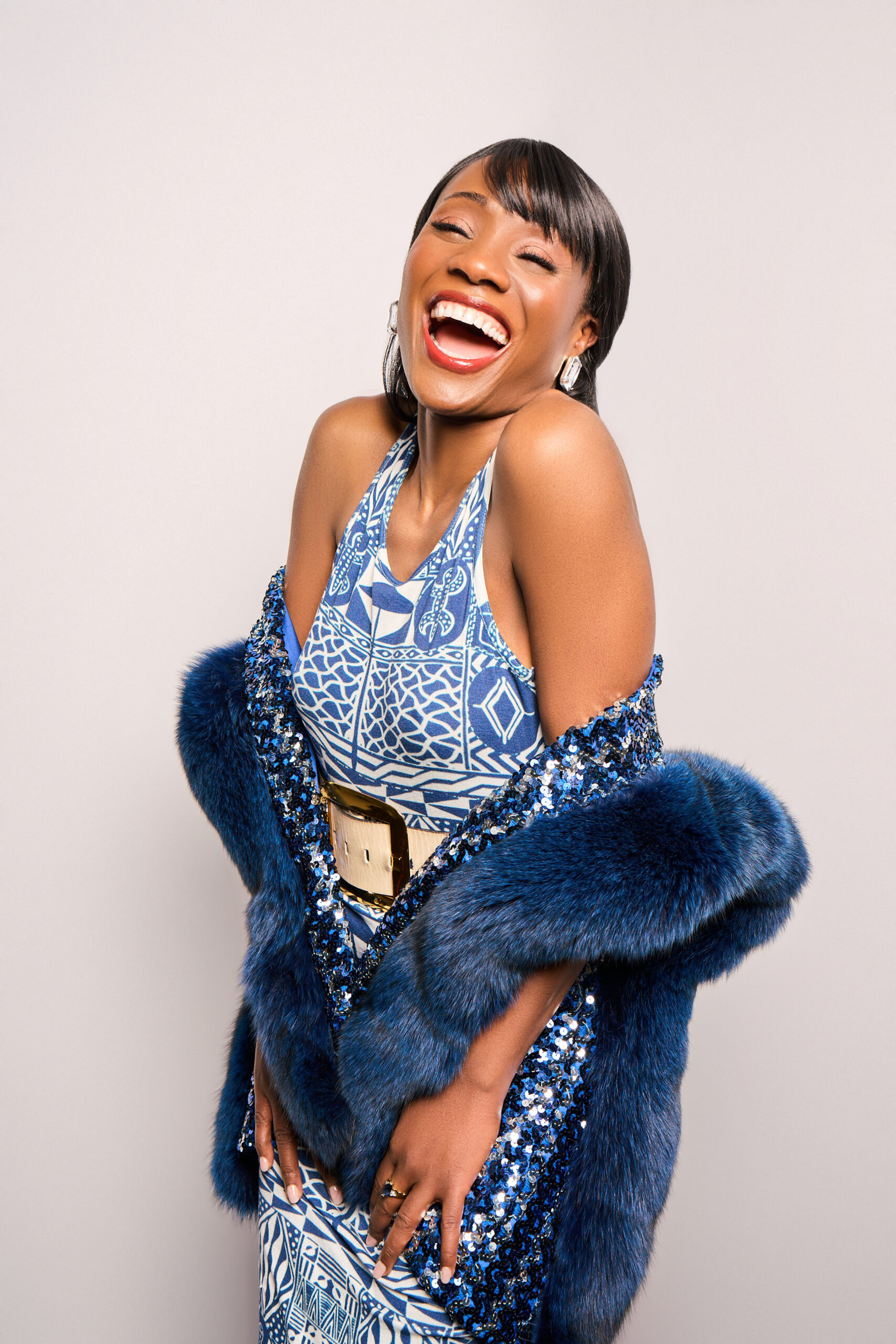
Kibonen identifies a major hurdle: designers often work in isolation, building their brands independently without collaboration.
“Collaboration is key. When different players occupy various roles along the value chain, we can foster a supportive community that uplifts all sectors,” she explained.
Her vision advocates for a united industry front that can collectively lobby for resources, opportunities, and infrastructure development. She stresses the need to professionalize African fashion enterprises by engaging consultants and forming equity partnerships to establish frameworks that guarantee sustainable growth.
The African Fashion Council has made significant progress, partnering with the South African Consulate and Jaguar to feature five African designers at New York Fashion Week in September 2024-a historic achievement. Additionally, their collaboration with Berkley College’s Designer-in-Residence program bridges African fashion with academia and the public. Nigerian designer Chuck Collins participated in the 2024-2025 residency, while Kibonen herself was a resident from 2022-2024. For her, these initiatives mark just the beginning, urging designers to embrace boldness, seize opportunities, and confidently step onto the global stage.
Andrea Kennedy
Leading the Fashion Merchandising and Management program at Berkley College, New York, Andrea Kennedy brings a wealth of experience in sustainability and circular fashion. Her work extends beyond education, fostering transformative partnerships between academia and the fashion industry.
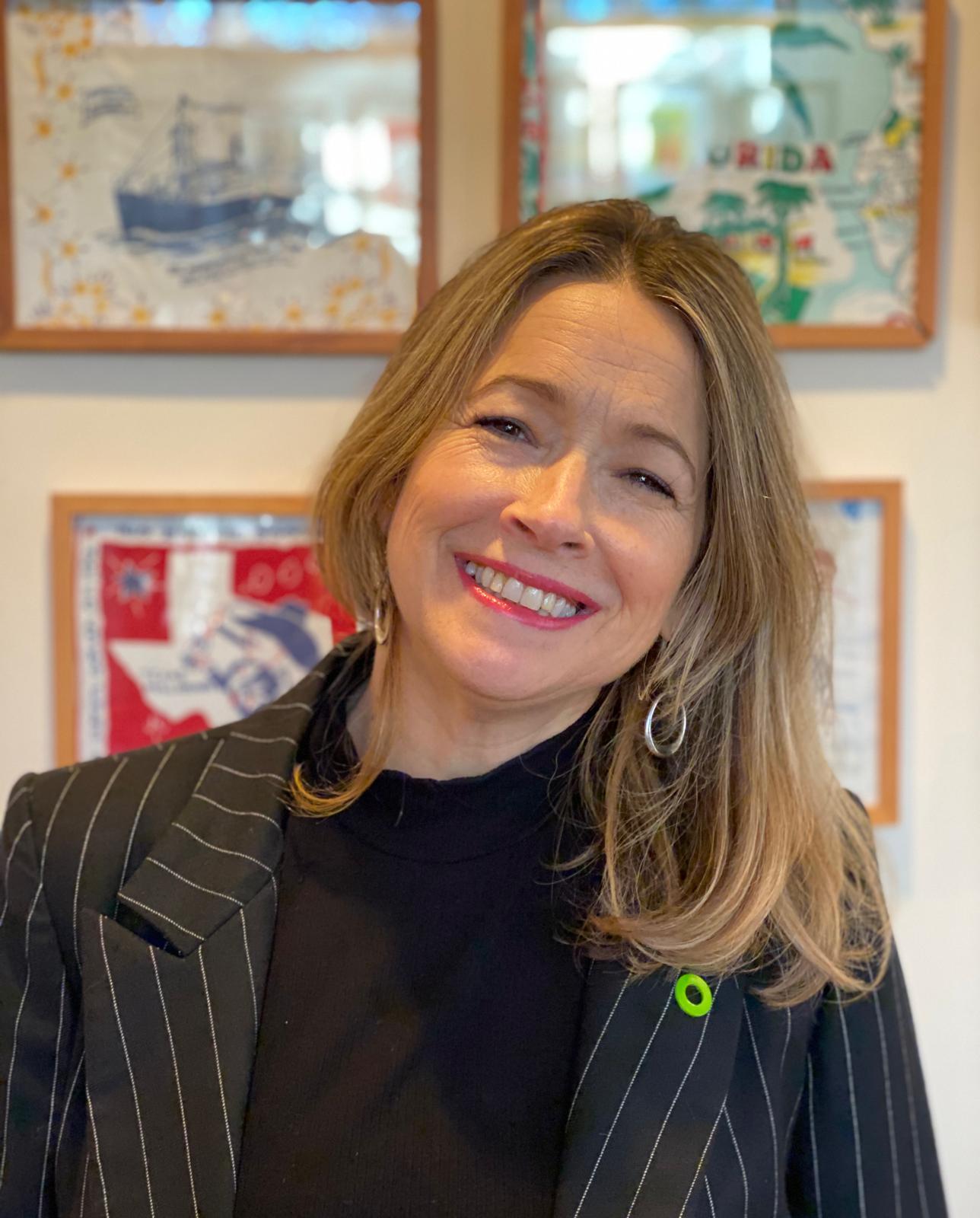
One of her flagship initiatives is the Designer-in-Residence program, which debuted with Cameroonian brand Kibonen as the first African designer to participate. This residency provides designers with dedicated showroom space and mentorship opportunities for fashion students over a year, creating a mutually enriching learning environment.
Berkley’s alliance with the African Chamber of Commerce further strengthens ties with creatives across Africa, expanding the program’s global impact. Andrea emphasizes that for African designers to thrive internationally, they must deeply understand their target markets and craft compelling brand narratives.
“Designers need to grasp who their buyers are in various regions and tell stories that resonate authentically,” she stated.
She also highlights the necessity of market preparedness, from packaging and presentation to mastering wholesale and retail pricing strategies. For Andrea, the fusion of creativity and business savvy is essential for African designers to confidently engage with the global fashion economy.
Perky Noah
Cameroonian-born curator Perky Noah, co-founder of the Black and Brilliant Advocacy Network established in 2020, focused her presentation on the intersection of African cultural heritage and artificial intelligence (AI). She illustrated how AI can be a powerful tool for both preserving traditions and driving innovation within Africa’s creative sectors.
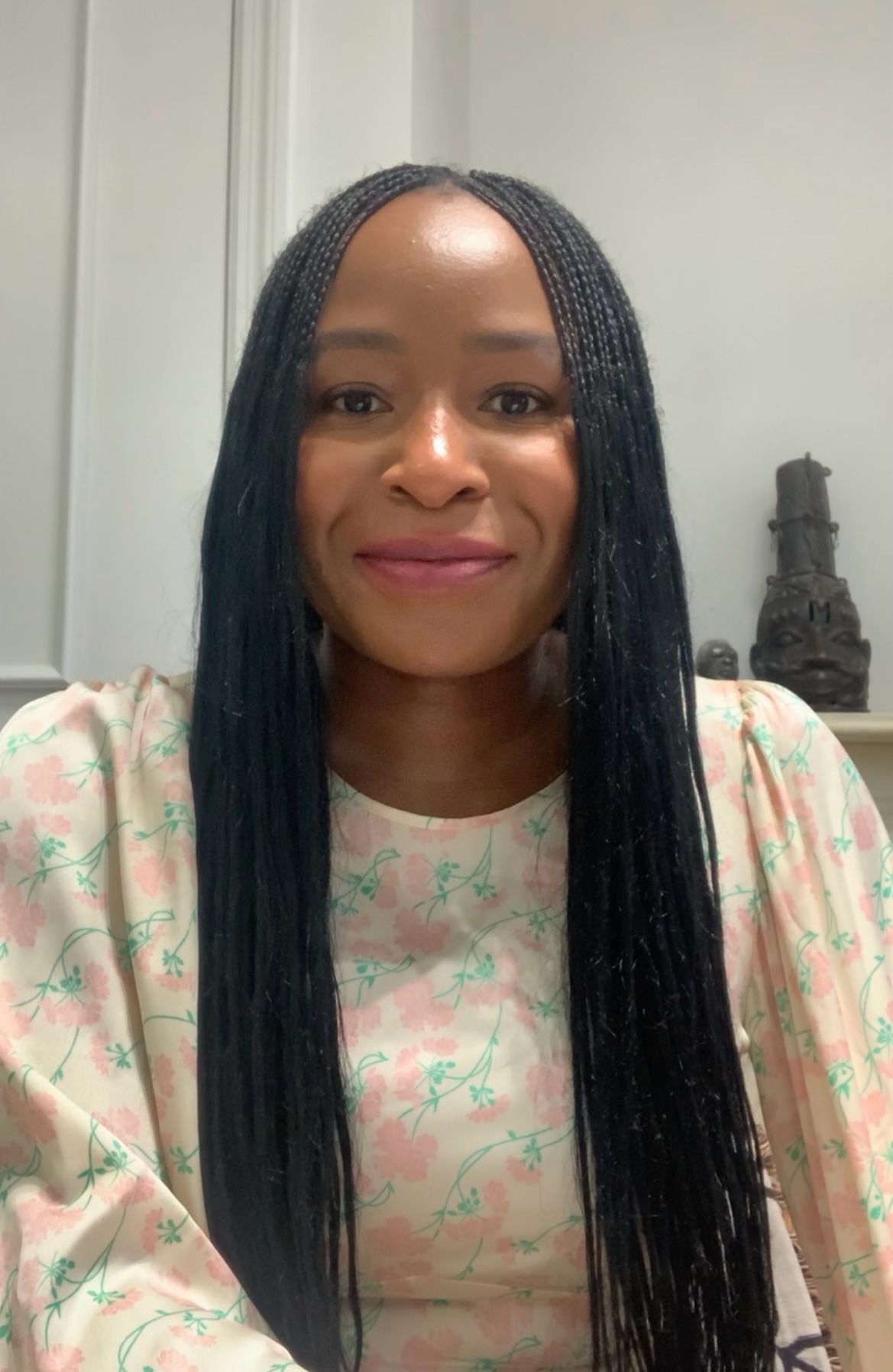
Her organization, which has previously collaborated with Code Academy on accelerator programs, is now channeling efforts into the African fashion industry-an area ripe for AI integration. Using Google Gemini, she demonstrated reimagined fashion collections and emphasized AI’s potential to streamline cultural archiving.
“Manual processes were once time-consuming and resource-heavy, but AI opens doors to innovative and efficient methods,” she remarked.
Perky views AI as a gateway for Africans to develop competitive solutions on the world stage.
“AI won’t replace our jobs; rather, those who harness AI effectively will lead the future,” she affirmed.
However, she cautioned about data protection challenges, which have already led to the appropriation of indigenous designs. She urged African governments to enact strong data protection laws to safeguard creative works. Equally vital is investing in continental infrastructure.
“We must build data centers and infrastructure within Africa to host servers locally, expanding AI access and securing Africa’s role in the global AI ecosystem,” she insisted.
Niyi Okuboyejo
Nigerian designer Niyi Okuboyejo, founder of Post Imperial with bases in New York and Lagos, delivered an insightful talk on the evolving influence of creators in shaping new fashion ecosystems. He examined how creators impact education, identity, and global culture, positioning African fashion as a cultural powerhouse and agent of transformation.
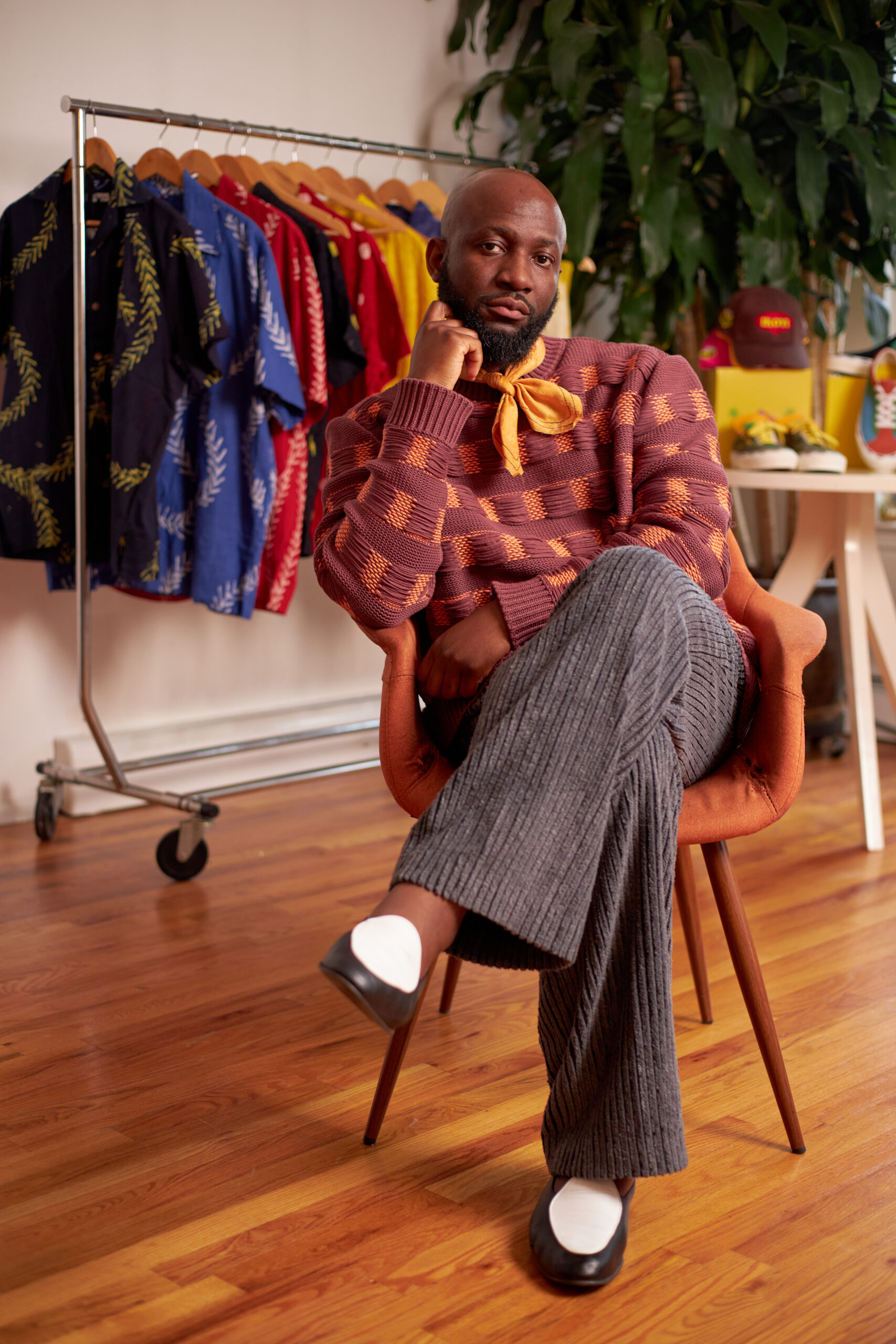
He highlighted three core concepts. Firstly, he called for a platform for contemporary cultural storytellers. Traditionally, griots were traveling poets and musicians who preserved collective memory through oral traditions. Today, creative directors fulfill a similar role by curating culture, shaping narratives, and guiding identity.
“This can happen within Africa, where cultural identity fuels fashion brands, and across the Black diaspora, where shared dialogues connect us. For instance, consider how Adire dyeing techniques have resonated in places like Brazil and the UK,” he reflected.
Secondly, Niyi stressed the need for robust cultural and logistical infrastructure. To transform creative visions into reality, investments in supply chains, community welfare, and scalable systems are essential. Without these foundations, ideas risk remaining aspirational rather than impactful.
Lastly, he underscored leveraging Africa’s soft power-its rich culture and global influence. Afrobeats and Nollywood exemplify how African creativity has reshaped music and film worldwide. He posed a vital question:
“How can African fashion embody this philosophy, drawing from diverse cultural aesthetics while amplifying our influence globally?”
Kahindo Mateene
Designer Kahindo Mateene, whose heritage spans Congo and Uganda, leads the New York-based label Kahindo NYC. Renowned for her dedication to ethical fashion, Kahindo partners closely with Kenyan artisans, embedding social impact at the core of her brand.
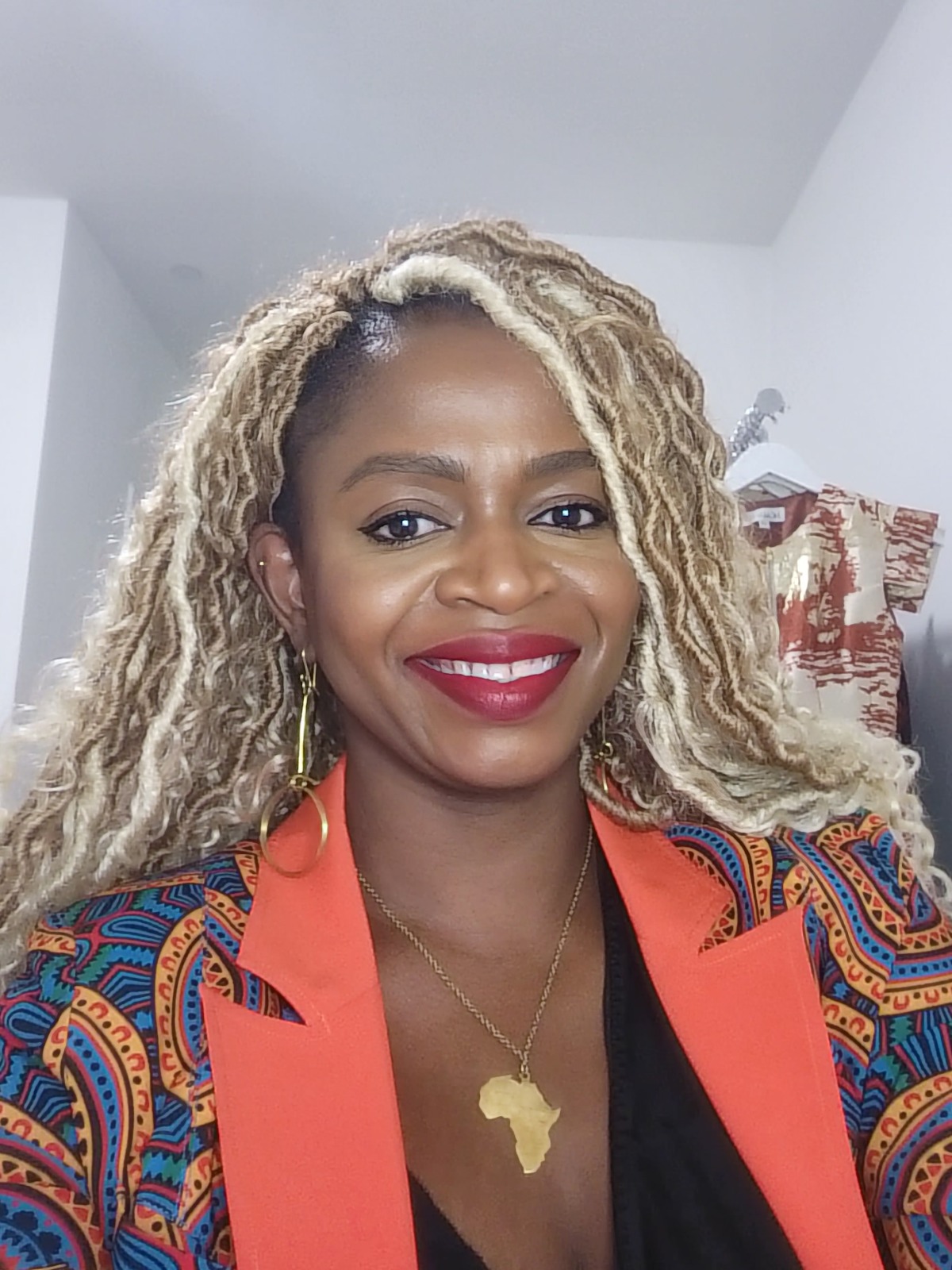
In her talk on Radical Transparency and Market Fit, she highlighted the transformative potential of the Digital Product Passport (DPP). This technology enables full traceability of a product’s lifecycle-from raw materials and origin to manufacturing processes, sustainability efforts, repairs, and eventual recycling.
Jodie Lyn-Kee-Chow
Afro-Jamaican and Chinese interdisciplinary artist Jodie Lyn-Kee-Chow draws deeply from her Caribbean roots to inform her creative work. She discussed how festivals, performances, and community engagement serve as powerful platforms to promote circular fashion and cultivate new cultural value.

Her artistic practice centers on repurposing discarded fabrics and materials destined for landfills, transforming them into performance costumes. This approach not only champions environmental responsibility but also contributes creatively to the circular economy.
Jodie also emphasized Afro-Futurism as a narrative lens for designers to blend ancestral heritage with visionary futures. Given the cultural significance of music festivals across the African diaspora, she proposed these vibrant events as ideal spaces to merge fashion, art, and music into a collective story of creativity and sustainability.
My Contribution
As a respected Kenyan Fashion Editor, I discussed the evolution from traditional print media to fully digital platforms that deliver real-time storytelling via Instagram and other social channels. A new generation of fashion commentators has emerged online, producing YouTube critiques, TikTok analyses, and Instagram reviews. These influencers are introducing African designers to global audiences, critiquing trends, and amplifying African fashion’s visibility beyond borders.
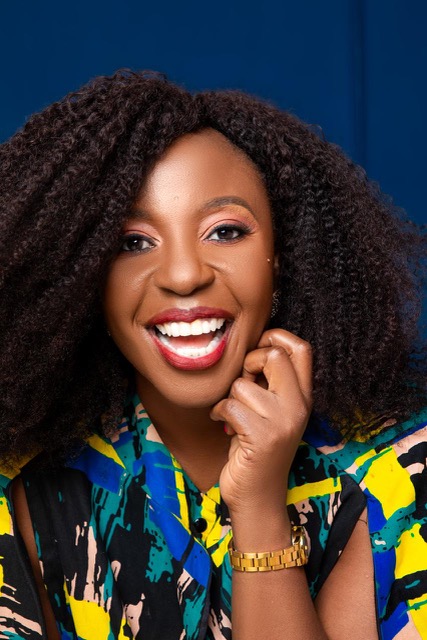
This democratization of fashion discourse means anyone can engage and contribute. African fashion is now borderless-stories from Nairobi and Lagos unfold live worldwide, enriched by visuals, videos, community interaction, and AI-powered tools that help journalists generate transcripts, summaries, and multilingual translations. Digital fashion journalism represents not just a change in medium but a liberating force, empowering new voices to share authentic narratives, challenge norms, and place African fashion at the heart of global conversations.
Jes Wade
Jes Wade, a seasoned fashion designer who launched her label seven years ago, has since pivoted towards design thinking to cultivate meaningful and organic businesses. During the workshop, Jes encouraged participants to consider how design methodologies can foster sustainable and impactful enterprises.
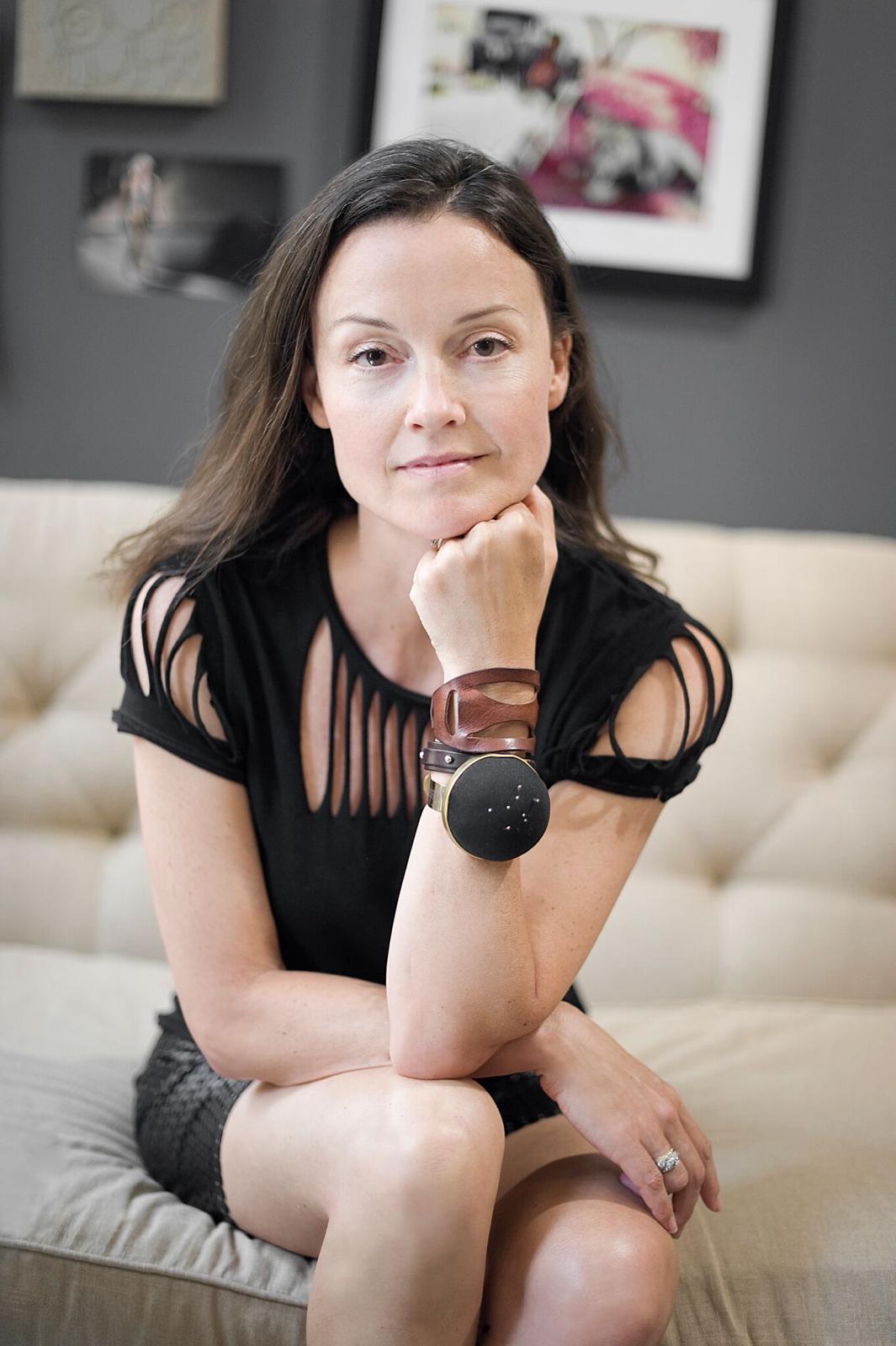
She outlined three essential pillars: feasibility (the practical execution of ideas), viability (the potential for long-term success and self-sufficiency), and desirability (the storytelling and design elements that resonate with consumers). At the intersection of these factors lies the foundation for fashion businesses that not only endure but thrive with purpose.
Jes stressed the importance of collaboration, noting, “Operating in isolation restricts growth.” She advocates for building a pan-African fashion community where shared resources, knowledge, and strengths can elevate African brands’ visibility and collectively shape a global presence.



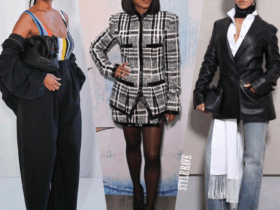


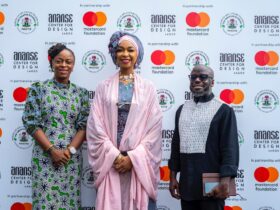

Leave a Reply